The Mental Floss
HISTORY
of the
UNITED
STATES
THE (ALMOST) COMPLETE AND (ENTIRELY)
ENTERTAINING STORY OF AMERICA
Erik Sass
with Will Pearson and Mangesh Hattikudur
Contents
Americans are patriotic people: a 2008 poll showed 72 percent believe the USA is the best nation in the world. But it turns out that patriotic and historically knowledgeable can be two different things: in recent surveys, almost half of Americans didnt know that the Constitution gives Congress the right to declare war, while one-quarter of high school students said Columbus set sail after 1750 and a third couldnt say in which century the American Revolution occurred.
Why is that, when there are so many amazing, fascinating, weird, unbelievable but still true facts and stories? Probably because some history booksand some history teachersjust arent putting the fun story into fundamental history. The truth is, learning about American history doesnt have to be a death-march through dusty dates, dreary details, and dead dudes in wigs. America is an amazing place, and its all in the history, baby. How did rum and tobacco save the colonies? When did geopolitics hinge on a large rodent? Who made the first potato chip? What was the worst accident during a U.S. nuclear test? Who invented rock-and-roll? Did the CIA really support Osama bin Laden? Does internet dating really work?
Youll find all the answers in this bookplus plenty of other weird, intriguing, and downright incredible facts omitted by the average high school history course. Of course, theres absolutely no way a single volume can cover all the stuff youre supposed to know about American history, but we promise this book contains most of the stuff you really ought to know along with crazy trivia and terribly ironic quotes perfect for breaking the ice at cocktail parties, wedding receptions, blind dates, armed standoffs, and other awkward situations.

THE STATE OF THE UNION

Begin at the beginning is tricky advice when youre talking about American history. Do you start with the arrival of the first human beings? The first native civilizations? The first European contact? The first permanent European settlement? But well give it a shot.
The first human inhabitants of North America arrived during the last Ice Age, when hunter-gatherers from northern Asia followed tasty wooly mammoths across a land bridge connecting Siberia to Alaska. Several waves of nomads may have crossed from Asia to North America between 23,000 BCE and 9000 BCE , at which point the Ice Age ended, the polar ice caps melted, and sea levels rose about 400 feet, submerging the land bridge and isolating the nomads in North America.
Over thousands of years their descendants migrated south, crossing 10,000 miles of incredibly varied terrain to reach the southern tip of South America no later than 8000 BCE . Spreading out across tundra, forests, grasslands, swamps, deserts, and jungles, they gradually formed separate linguistic and cultural groups. By one count, there are still about 2,000 native languages spoken in the Western Hemisphere, the vast majorityabout 1,450in South America.
Around 4000 BCE , one Mesoamerican group, the Olmecs of southeastern Mexico, invented agriculture by domesticating maize (corn), leading to the first Native American civilization. The Olmecs are considered the mother culture of the civilizations that followed, including the Maya and Aztecs. The domestication of maize and another staple crop, the potato, triggered the formation of complex societies in the Andean region of South America, including the Nazca, Moche, Chimu, and Inca.
But native societies in what became the United States never attained the same level of complexity. Although some groups had large populations that supported craftsmen, royalty, and priests, they never developed systems of writing, so much of their history remains mysterious. Sources like oral histories, linguistics, and archaeology generally only go back about 3,000 years, leaving the period from 7000 to 1000 BCE pretty darn enigmatic. The arrival of Europeans added assault to mystery, with new diseases and brutality decimating the native population of the future United States, which dropped from an estimated 510 million in 1492 to 250,000 in 1900. This tidal wave of death wiped out whole cultures and languages, so long story short: we know a lot more about the relatively short period of European settlement in the New World than we do about the much longer native history that preceded it. Acknowledging this bias, were mostly going to begin with the parts of the past we know more aboutmeaning Europe an settlement to the presentbecause a book filled with gosh, we dunno probably wouldnt sell too many copies.

WHAT HAPPENED WHEN
| 23,000 BCE 9000 BCE | Asian nomads cross the land bridge connecting eastern Siberia to Alaska. |
| CE | Teotihuacan in Central Mexico has a population of 150,000+. |
| Mayan city of Tikal has a population of 100,000+. |
| Mayan civilization mysteriously disappears. |
| 1002/3 | Vikings led by Leif Ericson discover Vinland (Newfoundland). |
| 1150 | Chaco Canyon culture sites are abandoned. |
| 1427 | Aztec Empire is founded in Mexico. |
| 1438 | Inca Empire is founded in Peru. |
| October 12, 1492 | Columbus makes landfall in the Bahamas. |
| 1499 | Amerigo Vespucci explores coast of South America. |
| 1519 | Aztec Empire is destroyed by Hernn Corts. |
| 1533 | Inca Empire is destroyed by Francisco Pizarro. |
| August 28, 1565 | St. Augustine, Florida, is founded by Spanish settlers. |
| 1585 | English colonists settle on Roanoke Island, Virginia. |
| 1590 | Roanoke colony is mysteriously abandoned. |
| May 14, 1607 | English colonists found Jamestown, Virginia. |
| July 3, 1608 | French colonists found Quebec. |
| December 18, 1620 | Puritan Separatists (Pilgrims) found Plymouth, Massachusetts. |
| 1625 | Dutch colonists found New Amsterdam. |
| September 17, 1630 | Puritans found Boston, Massachusetts. |
| 1634 | English colonists (including persecuted Catholics) settle Maryland. |
| 16411666 | Beaver Wars pit Iroquois against rival tribes, with European support. |
| May 18, 1642 | French colonists found Montreal. |
| June 6, 1676 | Nathaniel Bacon leads rebellion against royal governor in Virginia. |
| March 4, 1681 | Royal charter granted to William Penn for Quaker colony in Pennsylvania. |
 LIES YOUR TEACHER TOLD YOU
LIES YOUR TEACHER TOLD YOU
LIE: Columbus was the first to discover America.
THE TRUTH: Columbus gets his own holiday for his so-called accomplishment, but theres no doubt he was late to the discovery game. The Vikings discovered America about 500 years before he got there, and its likely that the Polynesians found it even earlier!
Next page
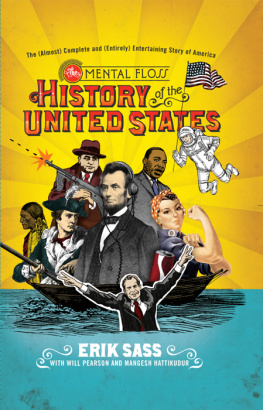
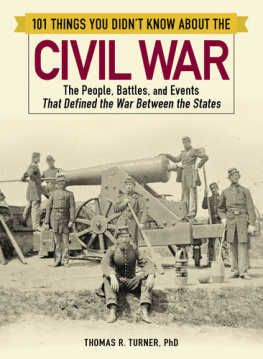
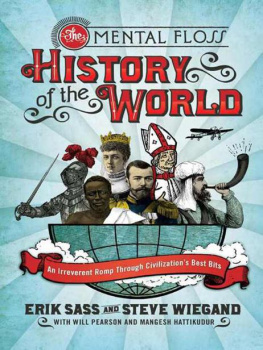
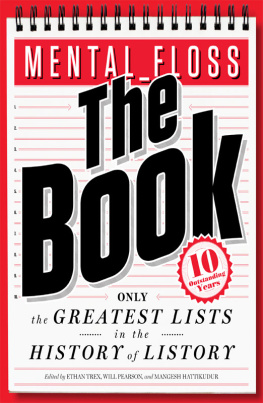
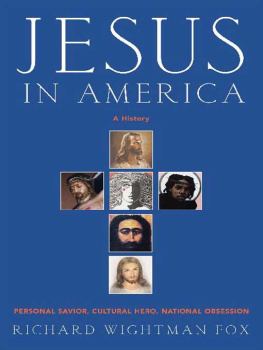
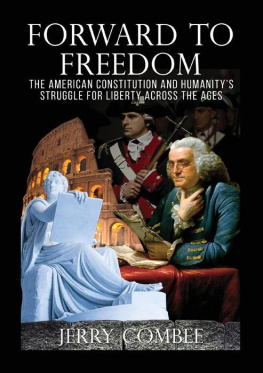
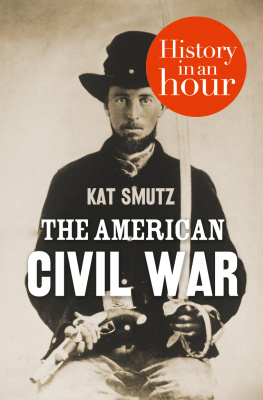
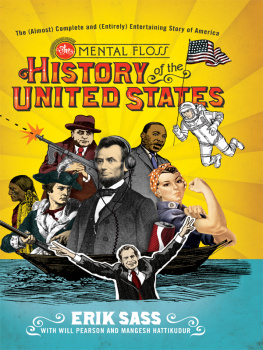
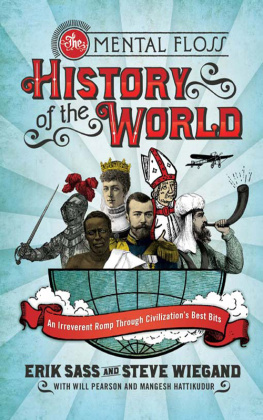
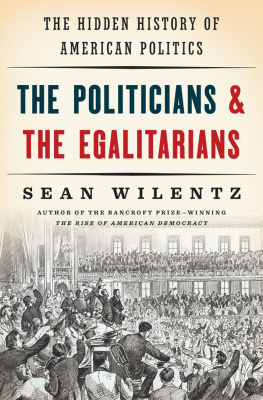
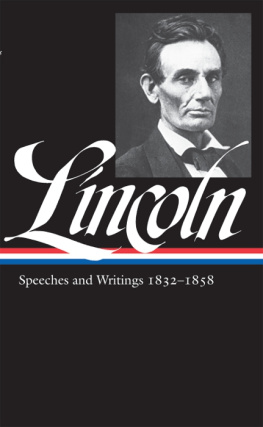
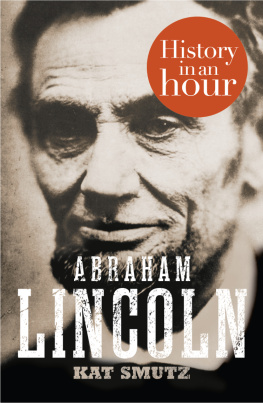
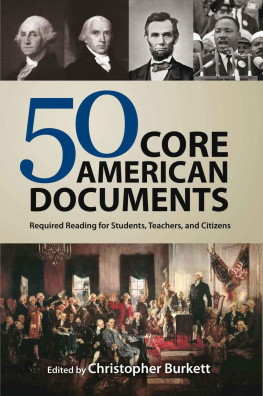




 LIES YOUR TEACHER TOLD YOU
LIES YOUR TEACHER TOLD YOU